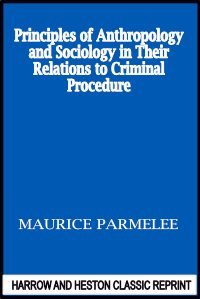By Aisha M. Beliso-De Jesús, Jemima Pierre, and Junaid Rana
This review presents a historical and contemporary view of white supremacy as an entrenched global system based on presumed biological and cultural difference, related practices of racism, the valorization of whiteness, and the denigration of non whiteness. We center the role of the discipline of anthropology, and contend that the discipline is shaped by, and shapes, structures of white supremacy. In this article, we detail anthropology’s role in the development of racial science and the subsequent placement of whiteness at the top of the world’s global political and cultural systems of power. We examine the early critiques of anthropology’s racializing practices by Black and Indigenous anthropologists, which set the stage for an anti-imperial analysis that addressed how white power was entrenched within the discipline and broader society. Last, we discuss emerging scholarship on the anthropology of white supremacy and the methodological and theoretical shifts that push the discipline and refine the concept.
Annu. Rev. Anthropol. 2023. 52:417–35










